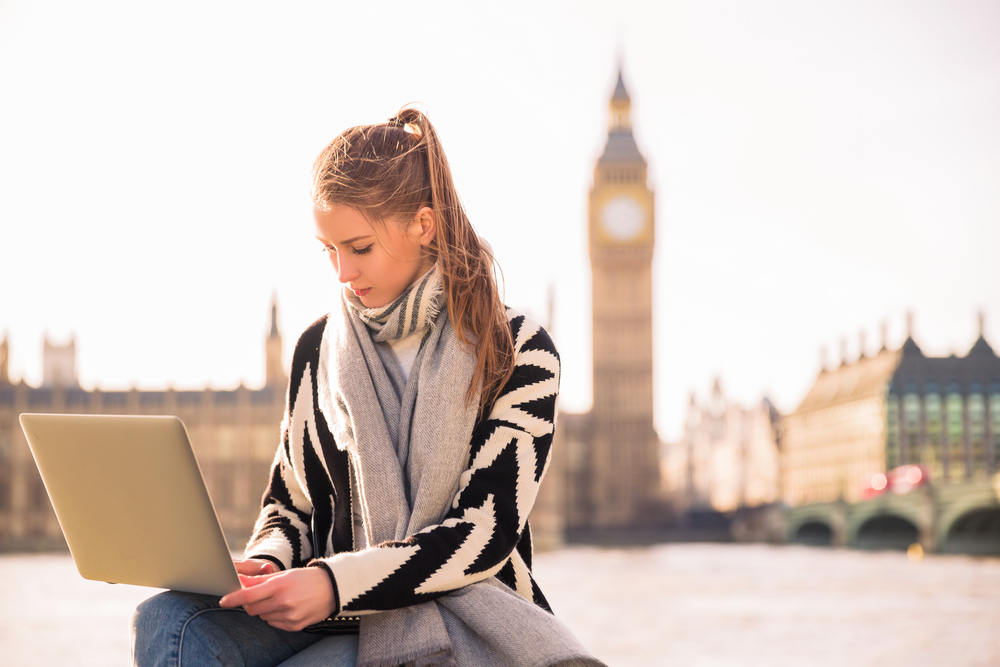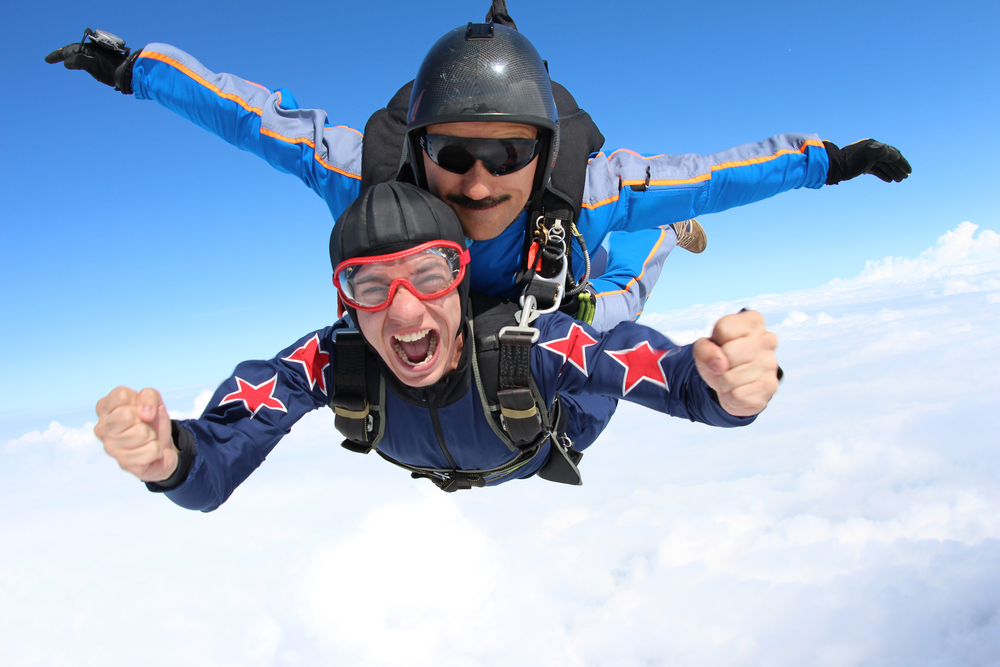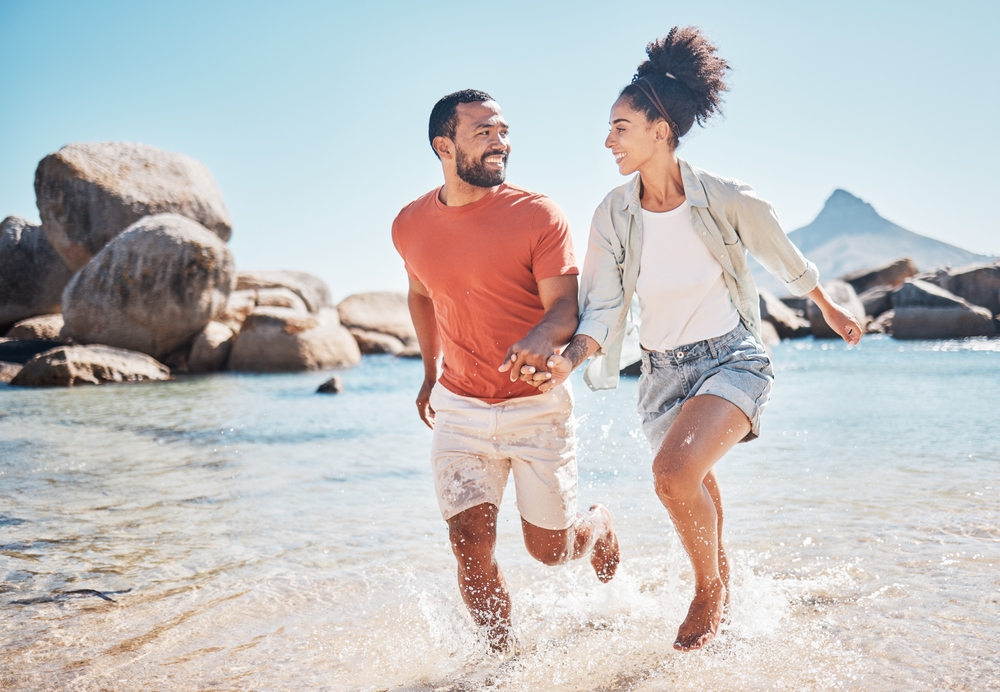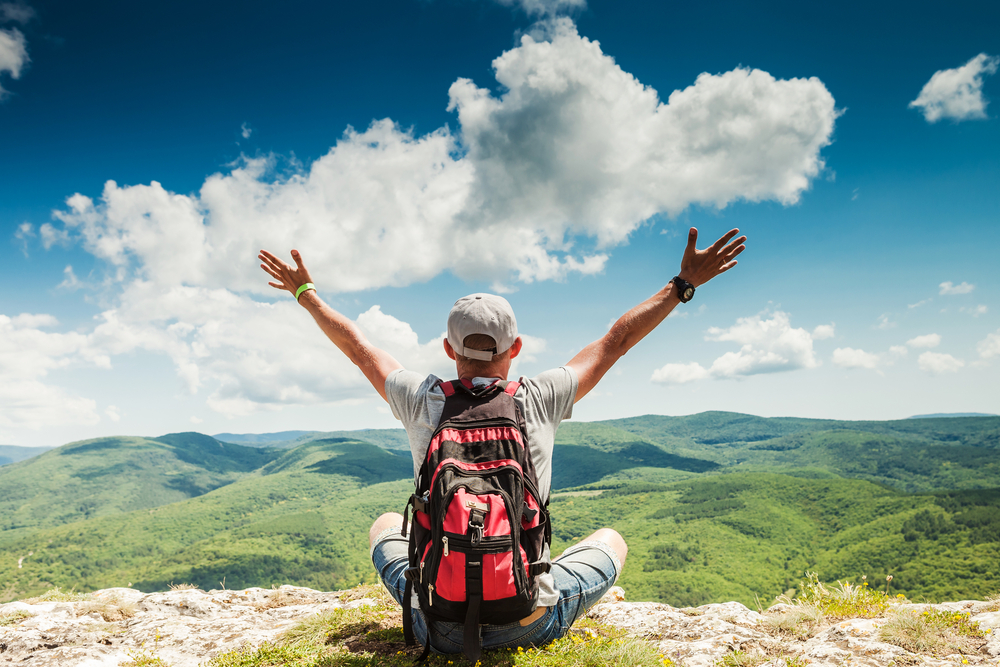Travelling on a budget requires careful planning and discipline. Keep track of your expenses, look for free or low-cost activities, and be open to spontaneous adventures
As a student, the world is your classroom, and what better way to expand your horizons than by travelling? While it’s true that students often operate on a tight budget, it doesn’t mean you have to miss out on incredible travel experiences. You can explore the world without breaking the bank with careful planning and a few savvy strategies. Here, we share some valuable travel tips for students looking to embark on budget-friendly adventures.
Plan And Budget Thoroughly
Research your destinations and create a detailed budget. Consider accommodation, transportation, food, activities, and unexpected expenses. Look for budget-friendly countries and regions where your money can spent wisely.
Travel Off-Peak
Avoid travelling during peak tourist seasons when prices for accommodations and flights are at their highest. Consider travelling during shoulder or off-seasons when you can find deals and enjoy fewer crowds.
Use Student Discounts
Take advantage of your student status. Many museums, attractions, and transportation services offer discounted rates for students. Get an International Student Identity Card (ISIC) to access additional discounts.
Book In Advance
Plan your itinerary and book flights, accommodations, and significant activities to secure better prices. Look for deals on flight comparison websites and consider flexible travel dates for lower fares.
Optimise Accommodations
Stay in budget-friendly accommodations like hostels, guesthouses, or budget hotels. Consider alternatives like Airbnb or CouchSurfing for unique and cost-effective lodging options.
Make Friends With Locals
Getting to know locals while travelling can be incredibly beneficial. It helps you learn about the place’s culture and some language skills.
Cook And Eat Local
Save money on food by eating at local markets, street stalls, and affordable restaurants. If your accommodation has a kitchen, occasionally cook your meals to cut down on dining expenses.
Use Public Transportation
Instead of expensive taxis or rental cars, use public transportation, such as buses and trains. Consider walking or biking to explore a city, which can save money and provide a more immersive experience.
Travel Light
Pack light to avoid checked luggage fees and make it easier to move around. Use a versatile and durable backpack. Remember that travelling on a budget requires careful planning and discipline. Keep track of your expenses, look for free or low-cost activities, and be open to spontaneous adventures.



